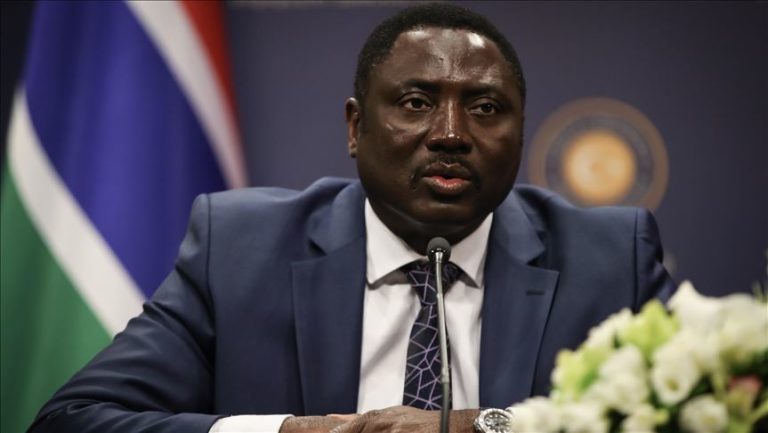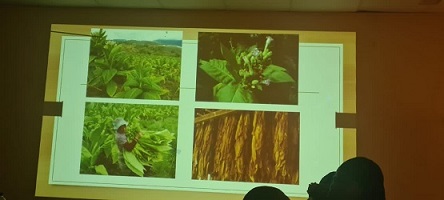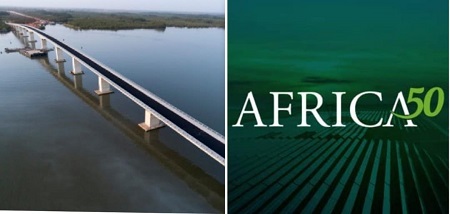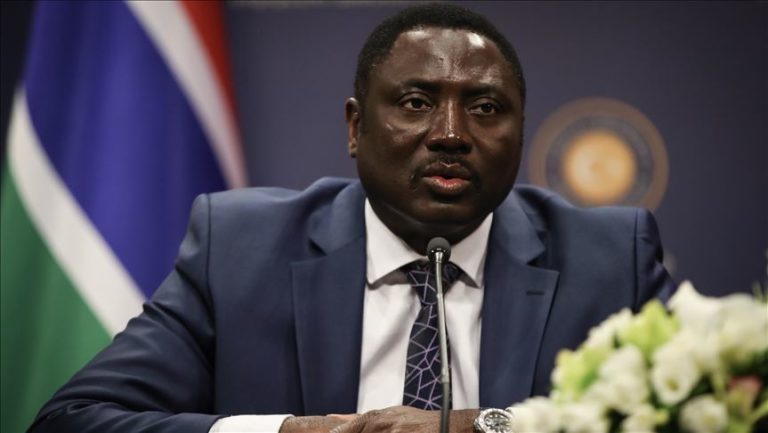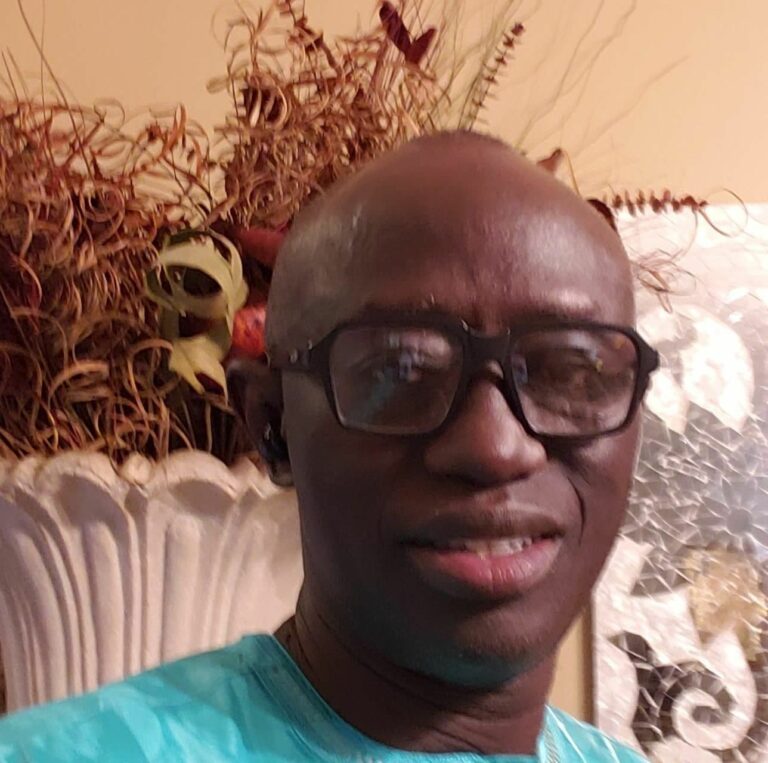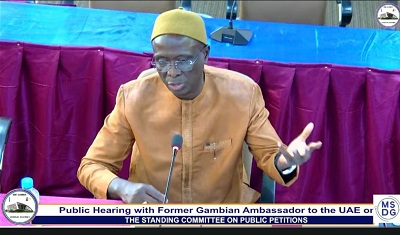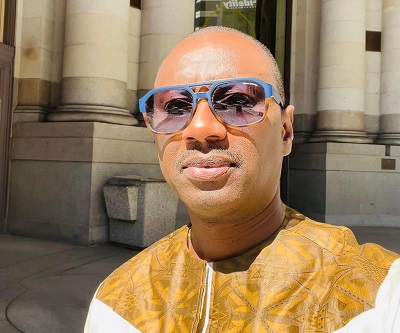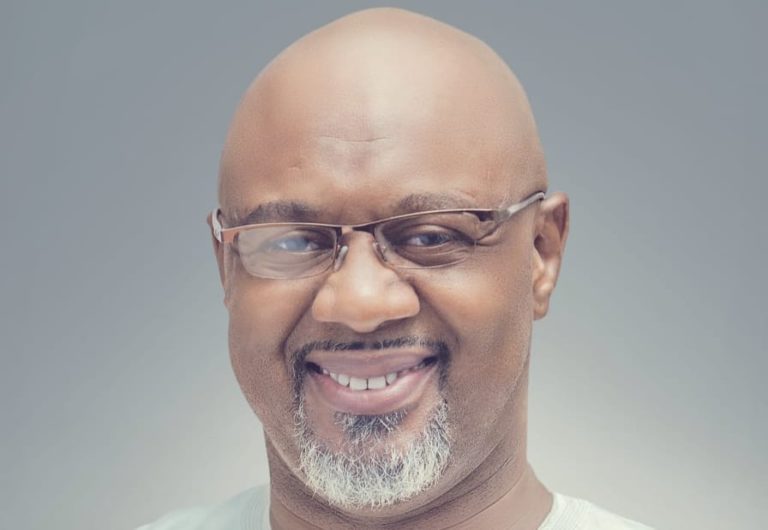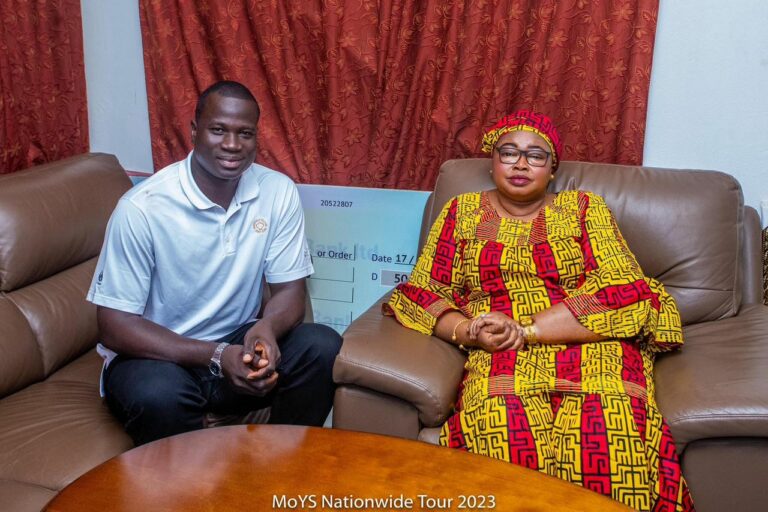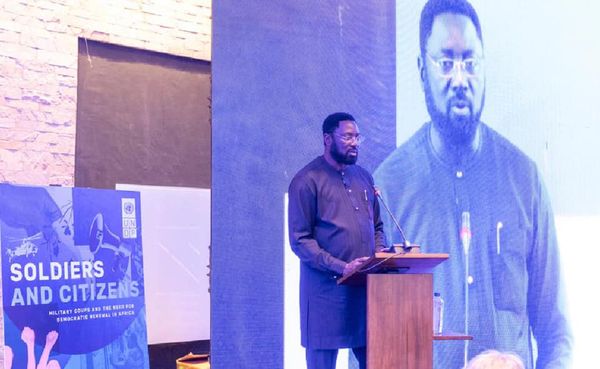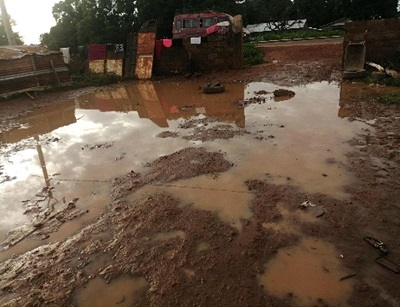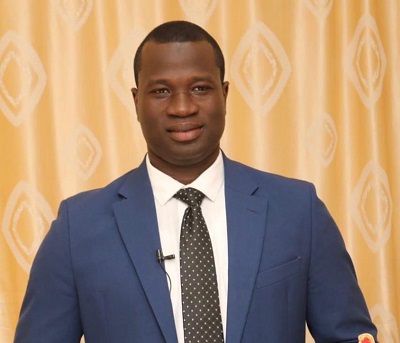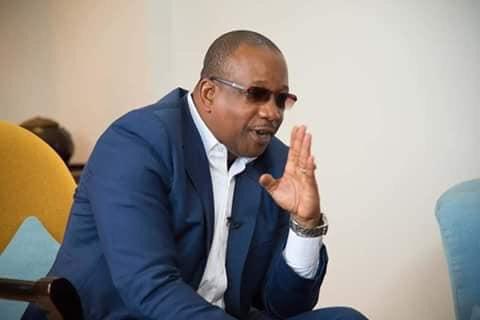By: Foday Joof, PhD student, Eastern Mediterranean University, Cyprus
Introduction:
The Gambia government embraced the Asset Recycling (AR) scheme of Africa50, an infrastructural investment platform established by 33 African governments, the Africa Development Bank, the Central Bank of West African States and Bank Al-Maghrib. The deal entails a $100 million for the recycling of the famous Senegambia Bridge for a period of 25 years or a 15% return on investment. Proponents argue that the deal offers significant benefits, such as reducing government debt, stimulating economic growth, and improving the quality of essential services. However, it is crucial to acknowledge that asset recycling is not without its share of misconceptions, risks and concerns. In this blog, we will delve into its potential advantages, and critically evaluate the perceived risks and misconceptions, and forward drawbacks associated with this approach.
Establishing the Context:
Governments worldwide are still grappling with high levels of public debt, including The Gambia. The Gambia’s public debt as of December 2022 stood at a staggering level of 81.95% of GDP or GMD 99.03 billion. Thus, further increasing the debt is not a viable option for The Gambia. Primary it will further downgrade the country’s sovereign credit ratings, leading to high-risk premiums which may augment the cost of borrowing. Furthermore, shifts in demographic dynamics (rising healthcare expenses and national/state pension costs) puts more strains on the government’s budget. At the same time, increasing taxes to fund the construction of new infrastructural projects is the least attractive option for the public, leaving The Gambia confined to alternative sources to finance new infrastructure. Raising taxes to fund infrastructure can also be the least attractive option for many countries and their citizens, this leaves Governments with few options left to find alternative sources of funding.
The only Option: asset recycling
Is AR the alternative to resolve the infrastructure adversity in The Gambia? This phenomenon involves two steps. Firstly, governments monetize existing infrastructure by leasing it to institutional investors seeking long-term stable returns. Secondly, the proceeds generated from the lease of the asset are reinvested in new infrastructure to meet the demand of the public. The newly built infrastructure may also be recycled built assets in future, thus accelerating infrastructure projects. The monetizable infrastructure includes (bridges, toll roads, airports, transit systems, power generation and grids).
AR on the Senegambia Bridge may offer the following benefits
- Reduce debt: AR can help the government of The Gambia to avoid high public debt and continuous tax increments to meet infrastructural needs.
- Dual benefit: The public will retain access and benefit from the Senegambia Bridge, but also may have additional benefits provided by the $100 million proceeds from Senegambia Bridge (if reinvested in new and/or improved infrastructure).
- Upfront capital: The AR offers an opportunity for the government to receive upfront capital of $100 from the Africa50 in lieu of future cash flows from the Senegambia Bridge.
- 12.5% shares will be received by the government from the project
- Risk transfer: it allows long-term risk transfer and benefits from private sector efficiencies in asset management.
However, the AR is not without risks, taking into account the duration (25 years). Committing to long-term contracts with private investors may constrain the government’s flexibility in responding to future needs or changes in policy priorities. Furthermore, there is a risk that the proceeds generated from the lease of existing assets may not be sufficient to finance new infrastructure projects or use in recurrent expenditures, leading to budget shortfalls and funding gaps. Furthermore, if the public perceives the AR negatively, it may damage the reputation of the government or private entities involved.
Did the government get it wrong?
The research conducted by World Economic Forum (weforum.org) in collaboration with Atkins Acuity titled “Recycling our Infrastructure for Future Generations”, identified nine principles for implementing an infrastructure AR scheme. Were these principles taken into account prior to the asset AR?
Principle 1: Assessing and answering the needs for new infrastructure
Clear infrastructural investment programs should be published by the government entailing the list of projects. This process involves examining the conditions and capacity of the existing infrastructure, along with factors driving future demand (population growth and urbanization).
Principle two: Adopting a system-wide perspective on infrastructure planning and delivery
The government need to enhance its own planning, delivery, and long-term accountability capabilities. In addition, to attract appropriate investors and specialized infrastructure expertise to deregulated sectors, standardized and transparent bidding processes and contracts should be employed. These contracts should incorporate adequate safeguards, such as service level and price agreements, to ensure fair and reliable operations.
Principle three: Directing capital towards prioritized infrastructure
The government must establish an autonomous infrastructural agency and an infrastructural trust fund to ensure transparency in collection and allocation to ensure that the $100 million from the Senegambia Bridge is invested into new infrastructural needs. The designed institution must possess the resilience to withstand any form of political challenges that may arise.
Public Buy-In:
The government failed in one of the most important elements of an AR, which is the public buy-in (the willingness of the public to accept private investment and management of infrastructure). The government should have initiated public-private dialogues prior to launching the AR program. This dialogue is vital to ensure strong public buy-in and it provides a guarantee that proceeds will be invested in new infrastructure for the benefit of the public.
Misconception about asset recycling
AR is not without its share of misconceptions and this has impeded its level of development as a viable option for infrastructural funding.
- Did the government privatize or mortgage the Senegambia Bridge?
Privatization is the selling of an asset to the private sector, whereas AR involves two steps: (i) Monetising an existing asset and (ii) Reinvesting the proceeds into a new asset. For the case of the Senegambia Bridge, the lease is for a period of 25 years and an upfront capital of $100 million after which the bridge is returned to the government.
- Did the government use the Senegambia Bridge as a financing mechanism?
The government use the AR as a funding mechanism instead of financing because the $100 million from the Senegambia Bridge AR will not increase the public debt and do not come with any conditions attached to loans.
- Will AR decrease government revenues?
When the government entered into the AR deal, it does not forgo the future cash flows from the Senegambia Bridge; rather it receives upfront the present value of the future revenue streams of $100 million that would have been generated by that asset. Thus, the government must reinvest the proceeds; because it may no longer receive future cash flow from the asset. However, even if the government reinvest the proceeds into social infrastructure, the tax revenue generated from the development of this infrastructure, along with the cash flow from ancillary services, can create a virtuous circle of financial benefits.
- Is asset recycling a gift to the private sector?
How does it benefit the public? If the $100 million generated from the Senegambia Bridge is re-invested in new infrastructural projects, citizens will retain assess and benefit from both assets.
The way forward
Infrastructure is an integral part of economic development; however, there is no comforting prospect to bridge the infrastructural gap. Thus, rethinking the various options is of the essence, and AR is a viable mechanism that we can leverage to scale up infrastructural development. However, the government of The Gambia should reconsider the following: Assessing and answering the needs for new infrastructure and setting a clear infrastructural investment program entailing the list of projects. Adopt a system-wide perspective on infrastructure planning and delivery by employing a standardized and transparent bidding process in the Senegambia Bridge AR deal. Direct capital towards prioritized infrastructure. Establish an autonomous infrastructural agency and an infrastructural trust fund to ensure transparency in the collection and allocation of proceeds into the construction of a new asset. Ensure public buy-in via frequent public-private dialogues prior to launching an AR program. Although the government might not have implemented some of the principles of asset recycling, however considering the staggering debt levels of the country AR is a more viable option to a loan.

